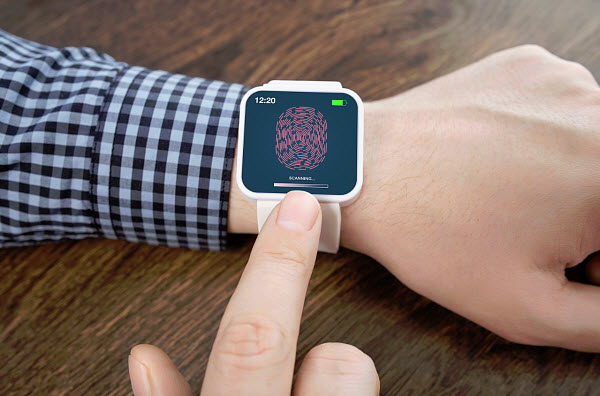Wearable technology is the latest thing to set the tech field alight with innovation and ambition. Many people have heard about the new devices that technology companies are planning to release in the near future, but the excitement around these devices has yet to reach a boiling point. For most, these devices are nothing more than novelties, impressive in certain aspects but lacking in others. For some, wearable devices are little more than a stepping stone to something more: A greater integration with technology itself.
Wearable devices like augmented reality glasses are designed to change the way you see the world. Other devices have a more simpler goal, either to help you keep track of your health or allow you to stay in contact with various social media outlets. Most of the things that can be accomplished through wearable technology can already be done through a smartphone or tablet. What these wearable devices are do that smartphones and tablets don’t, however, is show that people are ready to become more integrated with technology.
Wearable devices are a stepping stone toward a higher level of technology. There are already a great deal of projects underway that have to do with integrated technology and how implanted devices can change human life, but none of these products are taking into account its commercial aspects. Integrated technology is on its way to becoming a reality and not just science fiction, and commercialization is one of the last challenges this technology will have to overcome.
Wearable technology serves as a sort of unofficial proof of concept of the commercial potential of new devices. If no one wants to buy these devices, how likely are they to spend money on tech implants? The fact that wearable devices are little more than hands-free smartphones is not the issue. The real issue is whether or not people are actually willing to purchase and use these devices on a regular basis. If they do, then they may also be inclined to do the same for implanted devices that could become available during their lifetime.
The marketability of wearable devices is not necessarily indicative of the commercial potential of integrated technology, but it may serve as a sort of benchmark that can gauge consumer interest. Integrated tech is still in a state of infancy, but it will eventually become available to anyone willing and able to pay for it. Smartphones went through a very similar phase before they became massively popular, with their predecessor being old, cumbersome “brick” phones that were popular in the early 90s. These old devices highlighted the commercial potential of mobile technology and taking advantage of that potential has created a society that is heavily reliant on mobile devices today.

 This can include everything from laptops to cell phones and pretty much everything in between. If a smartphone, tablet, laptop, or other device, cannot be turned on, then they will not be permitted onto the flights, said the Transportation Security Administration (TSA). Travelers with devices that have dead batteries or that cannot be turned on for some other reason may also be subject to additional forms of screening, such as pat-downs.
This can include everything from laptops to cell phones and pretty much everything in between. If a smartphone, tablet, laptop, or other device, cannot be turned on, then they will not be permitted onto the flights, said the Transportation Security Administration (TSA). Travelers with devices that have dead batteries or that cannot be turned on for some other reason may also be subject to additional forms of screening, such as pat-downs.